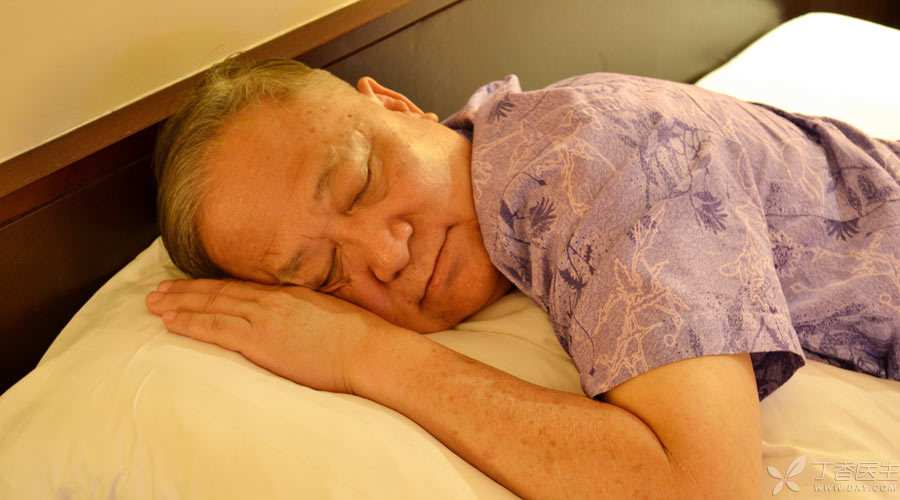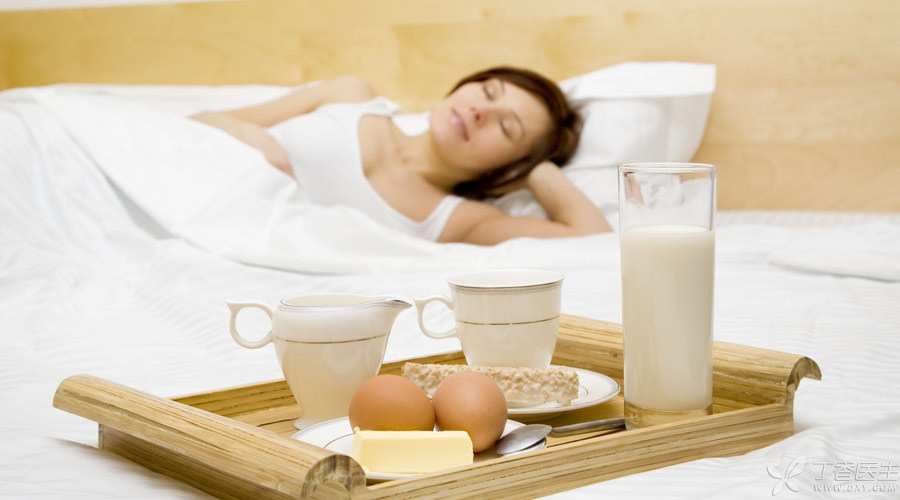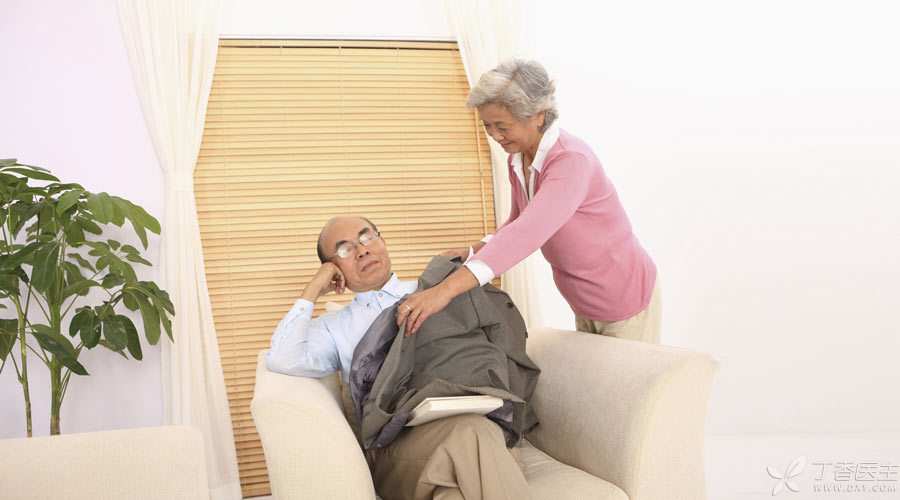
We have two deep impressions on the sleep of the elderly: one is to go to bed early and get up early, and get up very early; The other is to sleep less.
You may think…
You should sleep less when you get older?
Wrong!
According to the latest research recommendation of the American Sleep Foundation:
- The elderly over 65 years old sleep 7-8 hours a day, and the adults between 18 and 64 years old sleep 7-9 hours a day.
This kind of sleep condition is easier to maintain physical and mental health than peers who sleep too little or too much.
Many people think it is normal to sleep less when they get older. In fact, the elderly do not need much sleep. The vast majority of the elderly sleep less because of physiological and pathological reasons.
Reason 1: Old people sleep shallower,
The most classical sleep regulation theory holds that human sleep behavior is affected by two systems in the brain, one of which is the [sleep/awake balance system].
- After waking up, people will continue to increase their tendency to sleep, feel the most sleepy at night, and during sleep, they will continue to increase their tendency to wake up, and begin to become awake in the morning.
However, most elderly people are less sleepy.
They don’t feel sleepy at a certain time in the evening as they were when they were young. It happened that their nightlife is generally relatively simple and they are used to going to bed early. As a result, the sleep drive is insufficient and they can’t sleep when they go to bed.
In addition, due to age, the deep sleep of the elderly decreases and the shallow sleep increases accordingly. Moreover, they are more sensitive to environmental factors (such as sound) and easily wake up from shallow sleep.
Wake up more times, will lead to less total sleep time, sleep quality decline.
In the long run, many elderly people feel sleepy during the day and will take naps and naps to supplement their sleep. If the sleep supplement time is too long, it will continue to reduce the sleep driving force at night, resulting in less sleepiness and a vicious circle of [less sleep].

Reason 2: Affected by biological clock, it leads to getting up early.
Another thing that affects sleep in the brain is the circadian rhythm system, also known as the biological clock. The body will make corresponding physiological and behavioral adjustments according to the local circadian changes.
Body temperature, melatonin and cortisol are important factors affecting circadian rhythm.
The study found that in the elderly, the rhythm of the three is about an hour earlier than that of the young.
For example, the average young person’s body temperature peaks at 22 p.m. and then starts to drop and the body begins to prepare for sleep. The body temperature of the elderly starts to drop at about 21 p.m. or even earlier. The same is true in the morning. The body temperature of the elderly rises almost an hour earlier than that of the young.
The change trend of melatonin and cortisol is similar to that of body temperature.
Illumination is another factor that affects one’s circadian rhythm.
Some studies believe that the elderly lack outdoor activities. Moreover, the degeneration of the eyes themselves will also reduce the amount of light they receive, thus affecting their circadian rhythm.

Reason 3: Impact of Disease
The increase of age has brought about changes in various physiological systems. Even the completely healthy elderly will have less sleep accordingly.
However, many elderly people are not completely healthy, and the impact of diseases on their sleep is far greater than physiological factors.
At least half of the elderly people’s sleep will be affected by these diseases, such as:
- Sleep disorders: insomnia, obstructive sleep apnea, periodic limb tic disorder, chronic pain and cardiovascular diseases; Neurological Diseases: Alzheimer’s Disease, Parkinson’s Disease, etc.
How long is it appropriate to sleep at different ages?
The American Sleep Foundation always receives the question of “how long is it good for people to sleep”, so they have always had the habit of recommending sleep time based on the latest research.
In addition to the elderly and adults mentioned earlier, they recommend the sleep time for people of all ages as follows:
- Newborns from 0 to 3 months: infants from 14 to 17 hours from 4 to 11 months: infants from 12 to 15 hours to 2 years old: preschool children from 11 to 14 hours to 5 years old: school-age children from 10 to 13 hours to 6 to 13 years old: adolescents from 9 to 11 hours to 14 to 17 years old: 8 to 10 hours to 18 to 25 years old to reach adulthood: 7 to 9 hours
